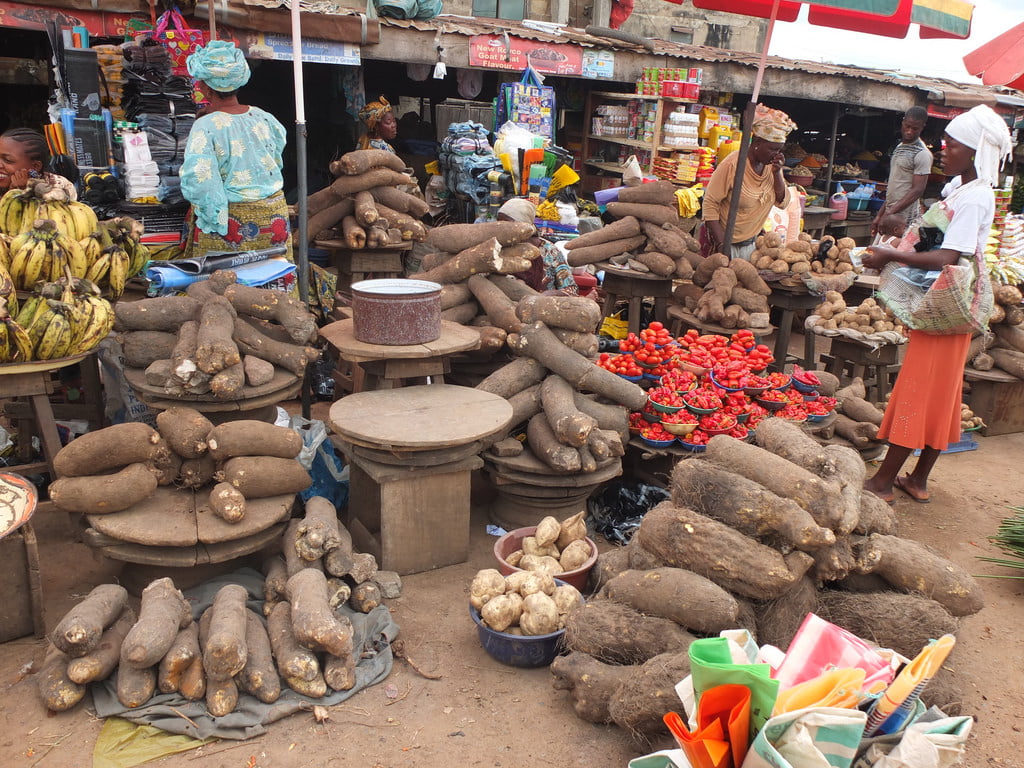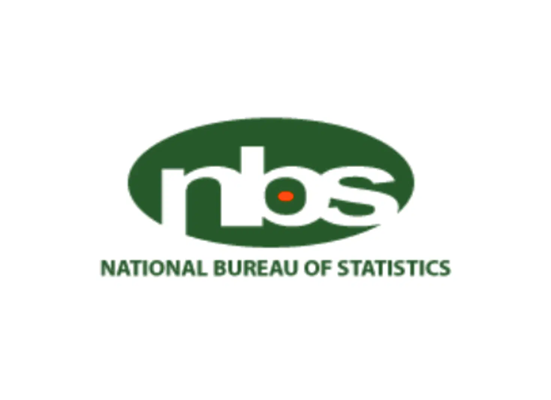In the latest figures released by the National Bureau of Statistics (NBS), Ogun State has emerged as the state with the slowest increase in food prices on a year-on-year basis, highlighting a rare point of stability amid Nigeria’s widespread food inflation concerns.
According to the NBS April 2025 Consumer Price Index report, Ogun, along with Ebonyi and Adamawa, recorded the most modest annual increases in food inflation when compared to other states across the federation. Specifically, Ebonyi recorded the lowest year-on-year food inflation rate at 7.19 percent, followed closely by Adamawa at 9.52 percent and Ogun at 9.91 percent. These figures reflect a considerable deviation from the national trend of rapidly rising food costs that have been affecting the average Nigerian household.
On the other end of the spectrum, Benue State topped the chart with the highest year-on-year increase in food inflation, standing at a staggering 51.76 percent. Ekiti and Kebbi followed with year-on-year food inflation rates of 34.05 percent and 33.82 percent respectively. These states are experiencing sharp spikes in the cost of food items, a development that continues to strain local economies and consumer purchasing power.
Further deepening the analysis, the NBS noted that Ogun State did not only fare well on a year-on-year basis but also saw a reduction in food prices on a month-on-month comparison. In April 2025, Ogun recorded a -7.06 percent change in food inflation from the previous month, indicating that food prices actually declined in the state within that short term. Ebonyi and Kano also saw monthly declines, with food inflation dropping by -14.43 percent and -11.37 percent respectively.
In contrast, Benue again featured prominently among states grappling with severe food inflation on a monthly basis. The state recorded the highest rise in food inflation on a month-to-month basis, with a significant 25.59 percent jump in April. Ekiti and Yobe also showed notable increases, with month-on-month food inflation figures of 16.73 percent and 13.92 percent respectively.
Experts and analysts believe that the situation in Benue may not be unrelated to the rising insecurity in the North Central region. In recent months, a series of violent attacks have left scores dead and displaced many, disrupting farming activities and access to food supplies — a likely contributor to the soaring prices.
The data paints a stark picture of the economic challenges different parts of the country face, with some states like Ogun demonstrating signs of resilience and others battling sharp inflationary pressures due to both economic and security factors. The NBS figures serve as a timely reflection of the diverse economic realities across Nigeria’s 36 states, especially in relation to one of the most essential human needs — food.







